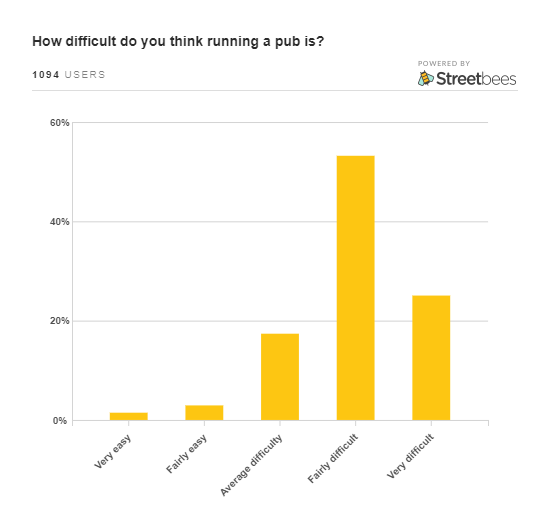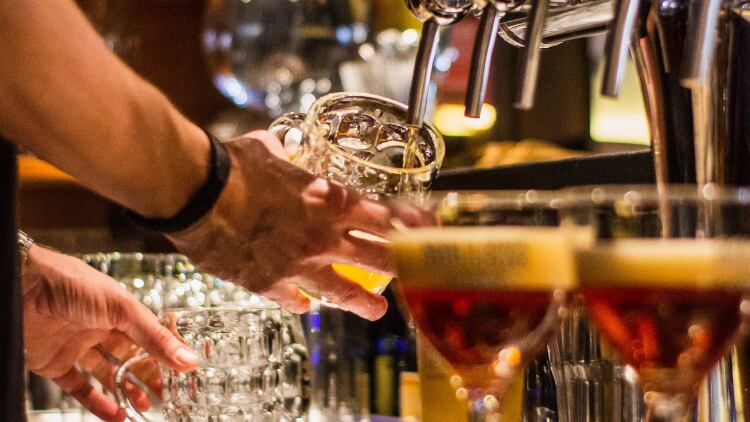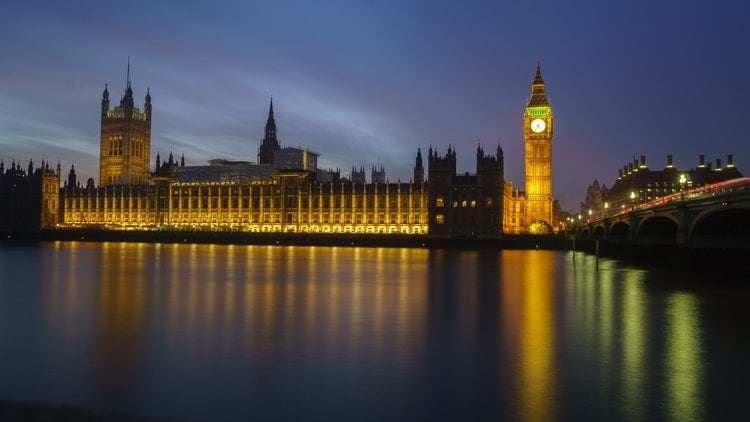According to new research by global intelligence platform Streetbees, fewer than one in 20 Brits would describe running a pub as ‘easy’– with a quarter of those quizzed perceiving pub management to be ‘very difficult’.
When asked how challenging they think running a pub is, almost four in every five respondents answered either ‘fairly difficult’ (53%) or ‘very difficult’ (25%) compared to just 4% who stated they thought running a pub was ‘easy’.
A meagre 1% answered ‘very easy’ while just 3% responded ‘fairly easy’.
The supposed difficulty of running a pub appears to be mirrored by the fact that more than half (58%) of Brits asked ‘have you ever thought about buying or running a pub?’ said ‘no’, according to Streetbees, compared to 17% who said ‘yes’ with one in five of those surveyed (20%) claiming they would consider pub management if they had a partner to help.

Low-skilled labour?
The reveal of Streetbees’ data coincides with Home Secretary Priti Patel’s announcement that low-skilled workers – including those waiting tables – wouldn’t be granted visas under post-Brexit plans for a points-based immigration system; a measure labelled “disastrous for hospitality”.
“Ruling out a temporary, low-skilled route for migration in just 10 months’ time will be disastrous for the hospitality sector and the British people,” UKHospitality chief executive Kate Nicholls said of the changes earmarked for 1 January 2021.
“Business must be given time to adapt,” she added. “Hospitality is already facing an acute labour shortage, despite investing significantly in skills, training and increasing apprenticeships for the domestic workforce.
“We are facing record low levels of unemployment, a dip in young people entering the labour market and have the highest vacancy levels of any sector.”
However, when asked by Streetbees whether or not they agreed that careers in hospitality constituted ‘skilled’ labour – two thirds of Brits said they either strongly agreed (16%) or agreed (50%) versus 14% who disagreed, and one in five who couldn’t be drawn either way.
Adding that businesses could recruit from an estimated 8m UK-based “economically inactive” potential workers, the Government’s plans are designed to persuade employers to move away from “cheap labour” from Europe, investing in retraining staff, and developing automation technology.
According to figures from hospitality recruiter The Change Group, reported by The Morning Advertiser in March 2019, the number registrations from EU nationals seeking work in London’s top restaurants, gastropubs and eateries fell by 8.5% in 2018.
Yet, while EU applicants still account for more than half of registrations at Change, the number of Britons applying for hospitality jobs in London rose by almost 19%.
An accidental career?
When asked if they’d be happy for one of their children or a family member to work in the hospitality, only one in 10 Brits quizzed by Streetbees said they wouldn’t.
What’s more, of those who said they would be happy for their children or a family member to take a job in the sector, more than half (52%) said they’d be keen to see them do so on a full-time basis as opposed to a part-time career or a summer job.
In November 2018, Brewhouse & Kitchen (B&K) chief executive Kris Gumbrell lamented hospitality’s status as the “accidental career” and challenged politicians using the terms “low skilled or unskilled” to describe jobs in the sector to spend a day working at one of his company’s sites brewing a batch of beer, working in one of our kitchens or running a shift.
His comments came after former The Apprentice candidate Frances Bishop told the BBC that working behind a bar taught her more than her time at university.
Interested in working in the pub industry? Then take a look at MA’s jobs site.




